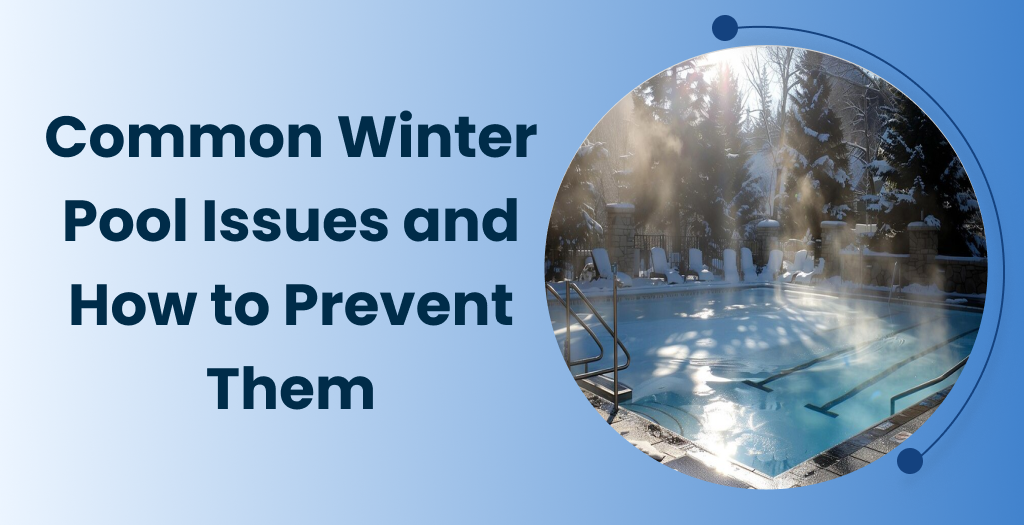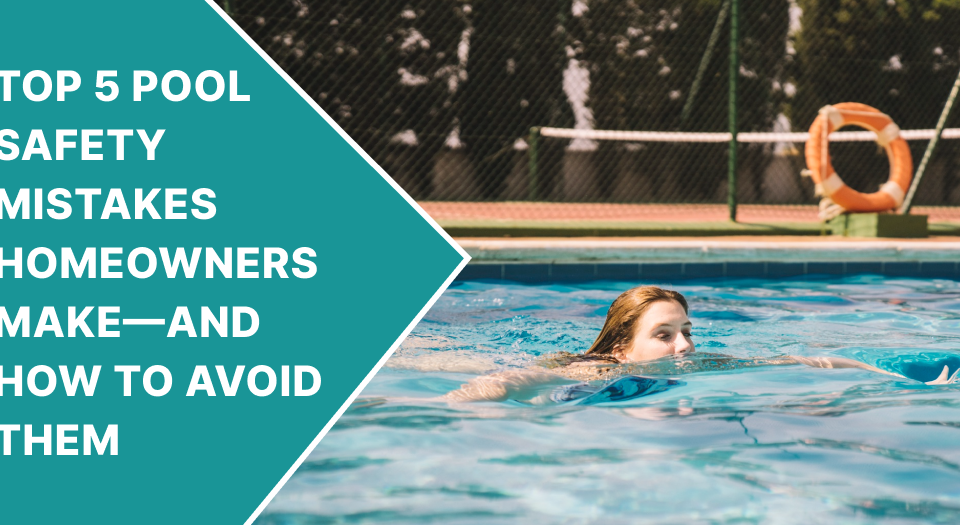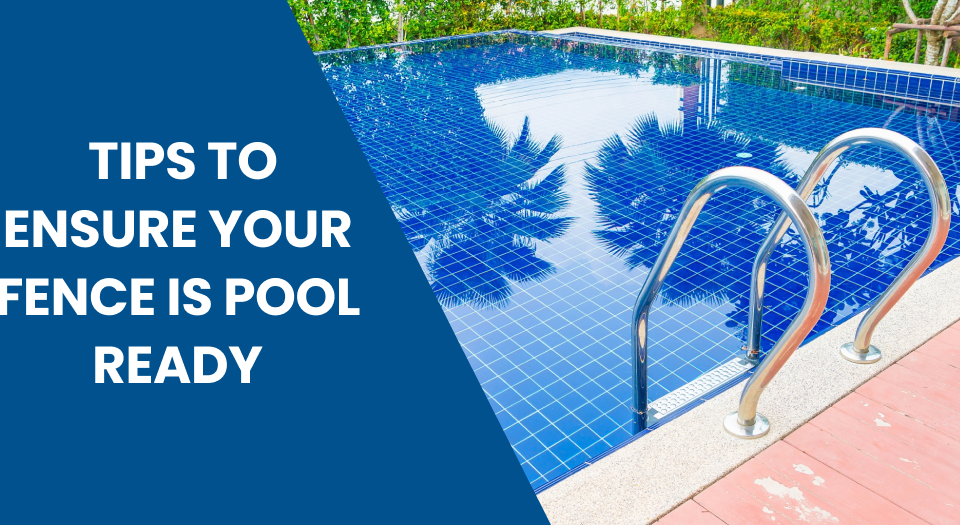
Understanding Ohio Laws for Private Backyard Swimming Pools: What Homeowners Need to Know
October 29, 2024
Top Tips to Plan the Ultimate Winter Pool Party
November 29, 2024Having a pool in your home is as fun as it can get, but with it comes maintenance. It is a common misconception that pools do not require much care during the winter. This assumption can lead to the freezing of the pool, equipment damage, and costly repairs. Be it an above-ground pool or an in-ground one, it is important to protect it from the harsh winter and colder months. Here are 10 ways in which you can effectively look after your pool in winter..
8 ways to Safeguard and Maintain your Pool in Winters
From equipment damage and freezing issues to expensive repairs, you can prevent it all by being mindful of a few steps and taking timely measures. Here are 8 ways in which you can safeguard your pool in winter:
1) Freezing water damage
When you do not drain the pool and leave the water, it can expand and freeze on the pool surface as well as in the plumbing lines. This can cause pipes to crack, filters to break, and even damage the pool’s structure. To prevent this from happening, you can take many steps. The primary measures to avoid in such a situation are draining and blowing out all pool lines with the help of an air compressor and making sure that no amount of water is left in the pipes. If you live in extremely harsh conditions and extreme winters, you can add a safe pool antifreeze to the lines along with securing it with a good quality cover to protect your pool.
2) Algae growth and green pool water
Algae growth can occur in the pool even in winter if the chemistry of the pool water is not maintained. This can lead to murky and green water as soon as spring arrives. To prevent this, the most crucial step is to check the pH balance of the water and ensure its chemistry accordingly. You can shock the water by adding chlorine-based shock to kill any remaining algae pores and add chlorine further to maintain the optimum chemistry levels. Another measure you can take is to add a winter algaecide as an extra precaution to prevent algae growth over the season.
3) Equipment damage
Pool equipment such as pumps, heaters, and filters can crack or break if you do not winterize your pool properly. The most necessary step to prevent this is by draining out all pumps, filters, pipes, and heaters and ensuring that no water remains inside. For other equipment that is removable, you must remove them, cover them properly, and store them in an indoor area that will keep them safe. As for the equipment that are not removable and will remain outside, you can cover them up with good quality weatherproof covers and protect them from any damage or breakage.
4) Pool cover protection
Winter pool covers can get torn or sag under the weight of accumulated dust, dirt, snow, or other particles like them. This can wither them off and may cause further damage to the pool as well, leading to costly repairs. To prevent this, be certain to invest in a high-quality pool cover that is weather-resistant and has enough strength and durability to withstand snow and ice even in extreme weather conditions. Using a soft broom or a pool cover pump, you can also remove snow and ice from time to time and lessen the amount of weight that falls upon the cover. To prevent the cover from shifting or losing its tightness, fasten it in place by using straps or stronger clips.
5) Falling leaves and accumulation of debris
In winter, falling leaves, dust, debris, and dirt can accumulate and form a layer above the pool if there is no protective layer. This can severely affect water chemistry and disturb the balance. To protect your pool further, you can add a leaf or a mesh cover along with the pool cover so that it can catch falling leaves and any amount of debris along with it. If there are any overhanging branches over the poolside, you can trim them to reduce the amount of falling leaves as well. You should also make sure to clean the pool cover regularly to prevent debris from forming any clogs in the pool.
6) Cracking pool walls and tiles
The expansion and contraction that the freezing water causes can affect the pool severely and cause the pool walls, tiles, or plaster to crack. To make sure that this does not happen, you can drain the pool’s water level just below the skimmer and tile line to prevent freezing damage. Another important addition to the pool are pool skimmer gizmos. They absorb the water expansion from freezing, not letting any breakage happen. You can also add pool additives that prevent the formation of ice on the surface of the pool altogether.
7) Staining and scale buildup
If one does not balance minerals like calcium and metals in the water chemistry, it can lead to the formation of stains and scale buildup. For this to not happen, it is important to take a few measures. One of the primary steps you can take is to add a sequestering agent to prevent metal and mineral buildup. You must also make sure of the appropriate balance of calcium hardness and total alkalinity levels before closing the pool.
8) Animal and pest intrusion
Animals like frogs, rodents, or insects may seek shelter in pools during the winter. This can cause water damage, leading to severe water quality and further dangers to the equipment as well as the pool owners. Secure the pool cover tightly to prevent any animals or pests from entering the pool. Use pool cover weights to cover the gaps through which pests could squeeze in the pool. Do a pool inspection frequently to make sure that there are no signs of any animals or pests taking shelter in the pool.
Conclusion
It is essential to properly winterize your pool to prevent costly repairs and ensure an effortless spring reopening. You can safeguard your pool and increase its lifespan and value by taking care of these common issues, including freezing water damage, algae growth, and problems with the equipment. Even during the coldest winter months, you can keep your pool system healthy and the water clear by following these preventative measures. When warmer weather arrives, you will have an easy start to the water season if you take precautions now.




